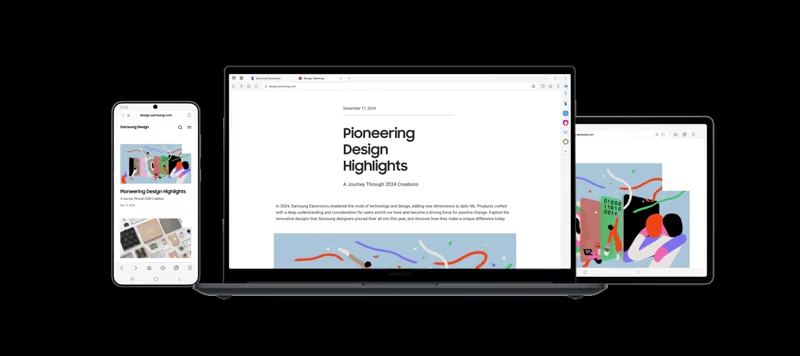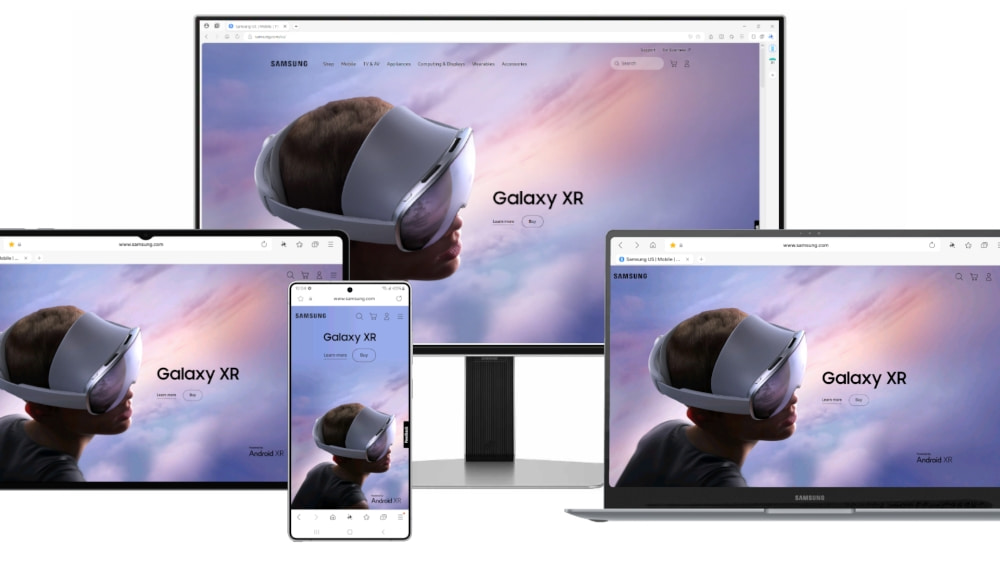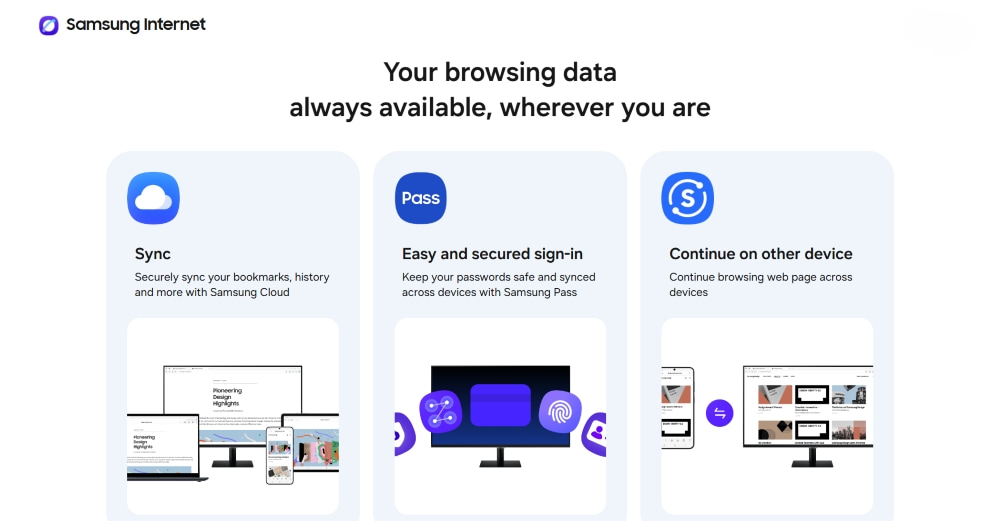
Even when people are tirelessly scrolling their social media feed, web browsing through web browsers remains the primary gateway to the internet for millions of users.
Google Chrome has reigned supreme for more than just years, powering the vast majority of desktop sessions, locking in bookmarks, extensions, and cross-device sync with surprising ease. But as the world stands at the threshold of a new era, where agentic AI-powered browsing is predicted to reshape how people interact online, the formerly quiet browser war is heating up in earnest.
Into this arena steps Samsung Internet.
The browser was once a default on Samsung phones, reserved for only Android and Galaxy devices.
But now, Samsung is now bringing Samsung Internet to Windows PCs as a public beta starting October 30, 2025 in the U.S. and South Korea.
The move pushes its branded Chromium-based web browser to where productivity takes place most often.

Samsung Internet has a feature that connects its mobile browser to users PC.
But this Samsung Internet for PC isn't anything like that. I's also not just a port of mobile software to the desktop.
Instead, it's a fully rebuilt web browser for PCs, a bold attempt to further cement the company's ecosystem strategy.
For starters, Samsung promises full cross-device continuity. What this means, users' mobile bookmarks, browsing history, autofill/credential data via Samsung Pass, and even the ability to resume tabs, can seamlessly sync between users' phone and PC.
On top of that, the PC version introduces 'Galaxy AI' capabilities such as the Browsing Assist feature, which can translate pages and provide concise summaries of web content in real time.
And because it's built for PCs, Samsung has ramped up its security features, with privacy and trust are mostly emphasized.
Through features like smart anti-tracking that helps block third-party web tracker that collect personal information, and a live Privacy Dashboard that lets users view and manage their protections in real time, the move matches Samsung’s mobile commitment rather than playing catch-up.
According to Won-Joon Choi, the Chief Operating Officer of the Mobile eXperience (MX) Business at Samsung Electronics, as quoted by the announcement:

In many ways, this launch marks Samsung attempting to bridge a long-standing gap in its Galaxy ecosystem.
Until now, Galaxy phones and tablets could seamlessly sync with one another—but when users moved to a Windows desktop or laptop, that continuity broke. Samsung Internet for PC aims to plug that “PC–phone divide.”
Of course, the timing suggests more than simply syncing tabs.
As AI-centric browsers from other players (like Atlas browser from OpenAI or the AI-augmented versions of Chrome and Edge) begin to emerge, Samsung is positioning itself to claim a stake in the “ambient AI” web future where the browser doesn’t just display webpages, but assists, anticipates, and augments user intent.
As Samsung puts it, this browser is "built for the future of ambient AI."

From a consumer’s perspective, if users already own a Galaxy phone or tablet and have grown invested in Samsung Pass, bookmarks and device-linking, this new PC browser is more than a curiosity. In fact, it could become a genuinely practical way to unify their web experience across mobile and desktop.
For others, though, the bigger question will be: does Samsung Internet for PC offer enough unique value (AI assist, deeper continuity, privacy tools) to tempt users away from incumbent browsers like Chrome, Edge or Firefox?
In short: the browser war isn’t just about speed and rendering engines anymore.
It’s about ecosystem, intelligence and continuity. Samsung is charging into that space, not with flash alone, but with a cohesive strategy.
Users who keep one eye on the desktop and one on the phone might want to keep this launch in mind.
